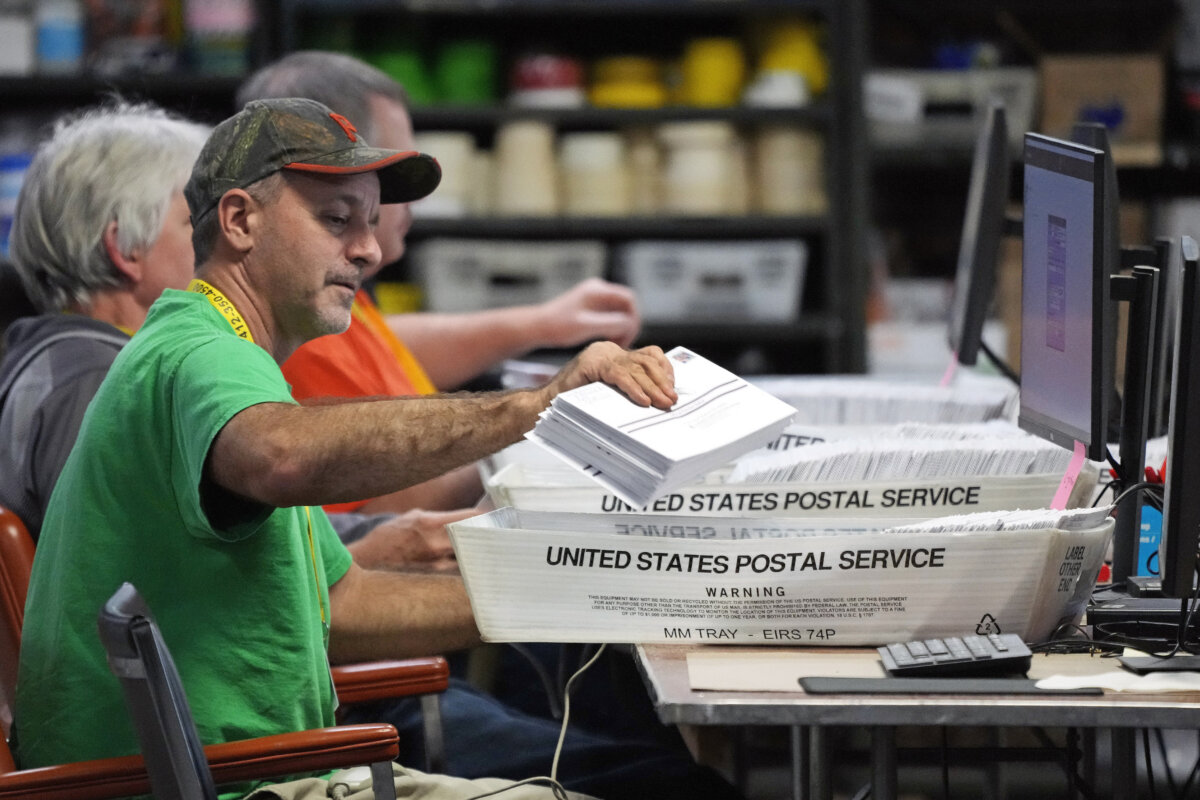VICTORIA, B.C. – Canada Day celebrations in Victoria, B.C., appear destined to create a bang that lasts beyond the singing of O Canada and the often rowdy fireworks show that lights up the downtown skies.
Victoria police officers will be wearing new body-mounted video cameras on Canada Day and will be conducting liquor searches, while the transit service is banning possession of alcohol from its buses.
As a result, B.C.’s civil liberties association is advising people to consider launching class-action lawsuits to fight what they consider illegal searches.
Up to 50,000 people are expected to crowd into Victoria’s Inner Harbour area to take part in Canada Day festivities on Wednesday, which culminate with a 10:30 p.m. fireworks show.
Victoria is one of the few cities in Canada that still stages a major night-time Canada Day party, and families and the elderly attend by the thousands. But drunks and thugs also show up too, sparking fights, committing assaults and damaging property.
“For whatever reason, Canada Day brings out the mentality in people that they want to whoop it up and they want to party, and they don’t really take into account the other people who want to come down and see the fireworks,” said Victoria Police Sgt. Grant Hamilton.
He remembers one recent Canada Day where Victoria’s four-lane main street, Douglas Street, was down to one lane where crowds of intoxicated people tossed bottles at each other over top of police cruisers.
“That’s when we revised our entire operational plan,” he said. “We decided at that time if we were going to continue this event, we needed to take some steps with regards to some early liquor interdiction.”
Police, citing the Liquor Control and Licensing Act, started searching people suspected of possessing alcohol, and in many cases seizing the booze. That sparked a complaint last year by the B.C. Civil Liberties Association, which said the searches were not legal.
The Commission for Public Complaints Against the RCMP conducted a public interest investigation based on the complaint and found the practice unlawful.
But that hasn’t changed things.
The police plan to be out in force Canada Day, again searching people suspected of carrying alcohol, and B.C. Transit is refusing to allow people carrying alcohol onto their buses.
“The spectacle of transit employees patting down bus riders and pawing through their purses, bags, and satchels is disturbing,” B.C. Civil Liberties Association president Rob Holmes said in a statement.
“People are entitled to respect for their persons and effects,” he said. “The police and B.C. Transit are showing scorn for the law and for the civil liberties of all persons, most particularly those who choose public transit on a public holiday.”
B.C. Transit spokeswoman Joanna Morton said bus drivers will not be searching people, but they will be asking police officers to remove drunks or people carrying alcohol from buses.
“Any Victorian would know exactly the reputation Canada Day has in terms of public drunkenness and rowdiness,” she said. “We have seen countless unsafe acts onboard our buses. We have to take a firm approach this year to ensure the safety of our customers and also our employees.”
Bus drivers have been assaulted, people have damaged buses – kicking out windows and ripping out seats – and many drunks end up vomiting on other passengers, Morton said.
“If we hear clanking in your backpack, we may ask you to open your bag to ensure us and give us the peace of mind that you are in compliance with our rules,” she said. “We do have the right to refuse service.”
Hamilton said last year police put 60 people in jail on Canada Day. In 2007, police jailed 82 people with 16 arrested on criminal charges ranging from assault to mischief.
This year, Victoria Police will also be testing a new piece of equipment.
Some officers will become the first in North America to use a European evidence-gathering device known as body-worn video.
The camera system is attached to the officer. It records video of everything the officer sees and does, and it comes with a pocket-sized screen.
“We’re interested to see what type of data we’re going to get,” said Hamilton about the summer-long pilot project that starts on Canada Day. “This is the vantage point the officers sees. It’s the recording of the information. It’s the contact.”
















